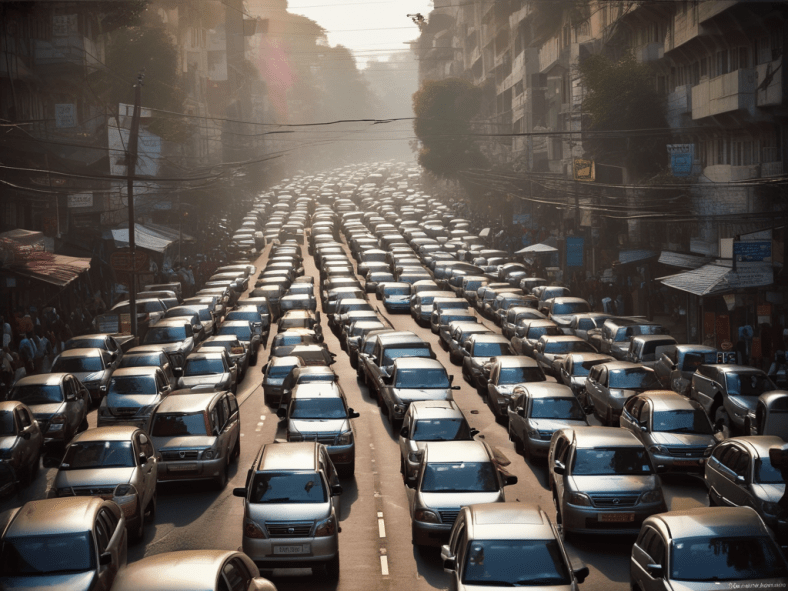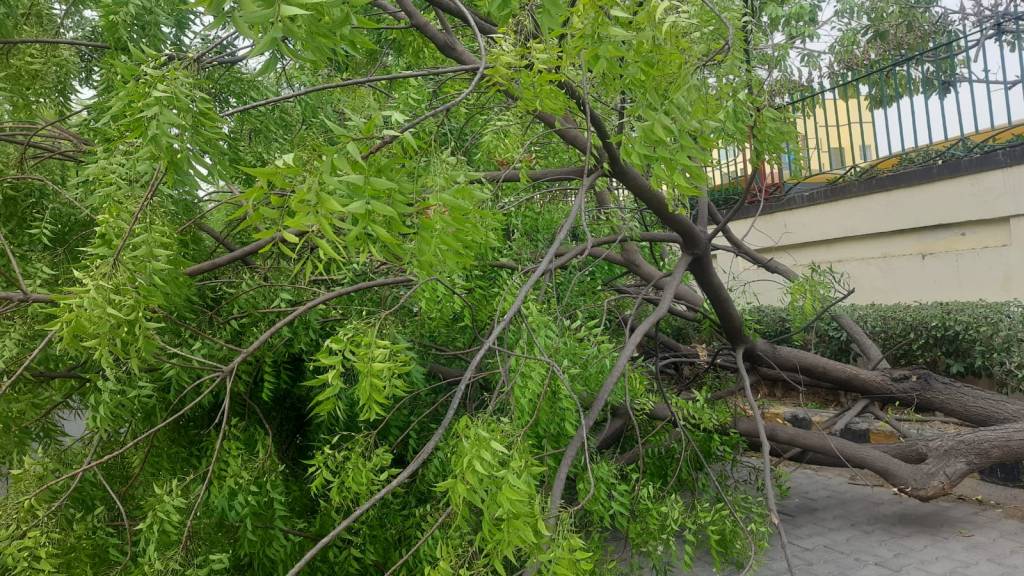Published in Dwarka Expresss on 25.5.24
Bangalore is a classic example of traffic jams! What is the reason? Narrow roads? Too many vehicles? Traffic mismanagement? Mushrooming MNCs? Migratory population? One may attribute any reason. People ventilate their anger on corrupt politicians and callous bureaucrats as the situation gets exacerbated. True that it has become a nightmare for day commuters, but are left with no option. Nowadays there is no peak or non-peak hours. Be prepared to get into traffic snarls, once you venture out. On an average, a commuter in Bangalore travels 10 to 20 KMs. The time taken for this distance may be at least one to two hours. We view the issue from environment angle. How much fuel wastage happens in idling engine! How much carbon is emitted by vehicles! How much productive time is wasted in jams! Besides, there is the air pollution, the slow poison. As a single car carries one passenger, automobile dealers have the last laugh. Meanwhile, e-vehicle is yet to take off.
Delhi’s odd-even formula could not work effectively but till last year, the same was insisted during Nov-Dec as the stubble burning in the neighbouring states created havoc. This was one of the Graded Response Action Plan (GRAP) norms, enforced by Central Pollution Control Board, when AQI (air quality index) breaches the tolerance levels. Such a condition is not there in Bangalore and occasionally the AQI touches 100. It does not mean that Bangalore’s vehicles are not polluting. The terrain is completely different from Delhi and the pollutants get washed away by rain or carried away by wind as the city is situated in the elevated deccan plateau.
This speaks for promoting public transportation. Undoubtedly, we have enough public transports such as Namma Metro, Govt Buses, taxis and share autos. Besides, car-pooling choice is also there. Having said this, we should not forget that there is overcrowding in public transports. Delay in keeping the time schedules makes commuters wait for long. Obviously this becomes a deterrent in switching over to public mode. Mumbai mofussil train is a classic example where people take high risk in clinging to doors. We have also seen hi-speed trains in many places carrying passengers on the top. One of the major issues in public transportation is last minute connectivity. We also heard someone taking it as a status symbol or convenience to travel in an air-conditioned car. This also does not hold water as car is no more a luxury but a necessity and is easily affordable. Using a bicycle for shorter distance and a bus for longer distance is the best choice to manage the traffic blues as well as environmental concerns. Some incentivization for eco-friendly transportation and disincentives for operating private cars may be an alternative. Many things in our country are possible only by strict laws and enforcement.
A day may come when rationing of fossil fuel will become a reality!




